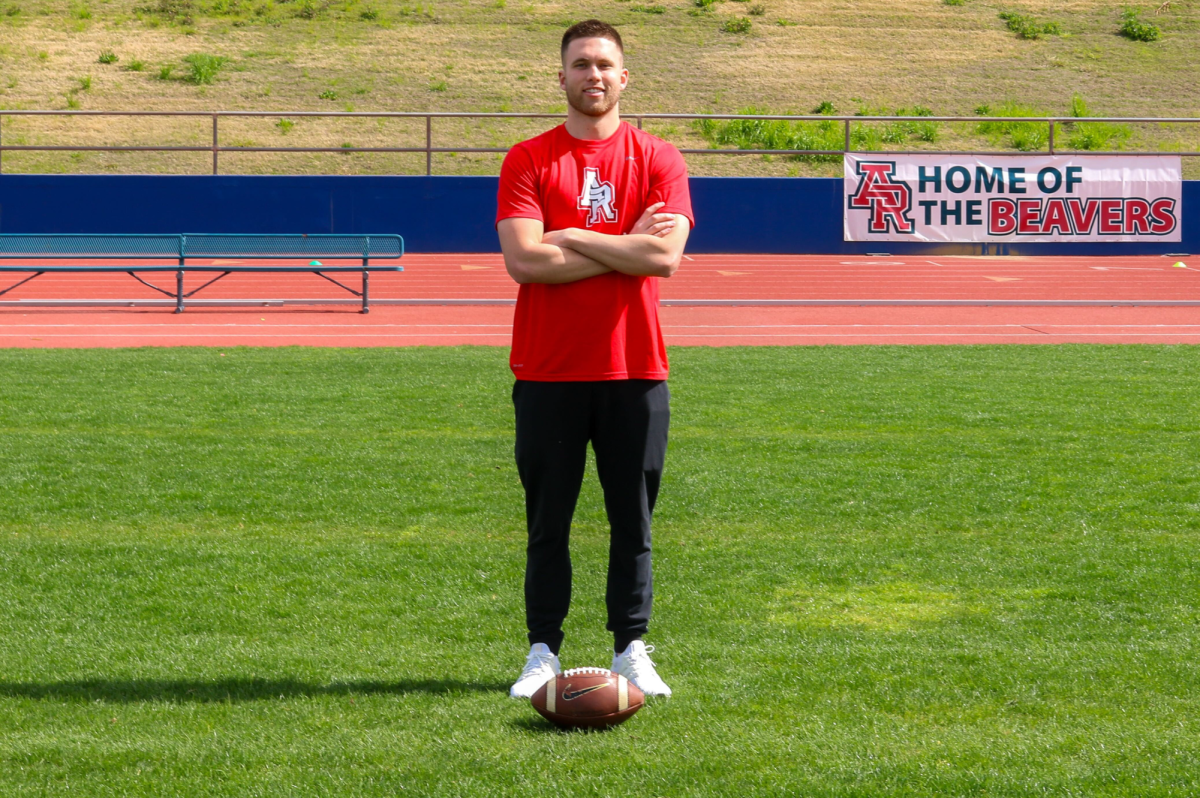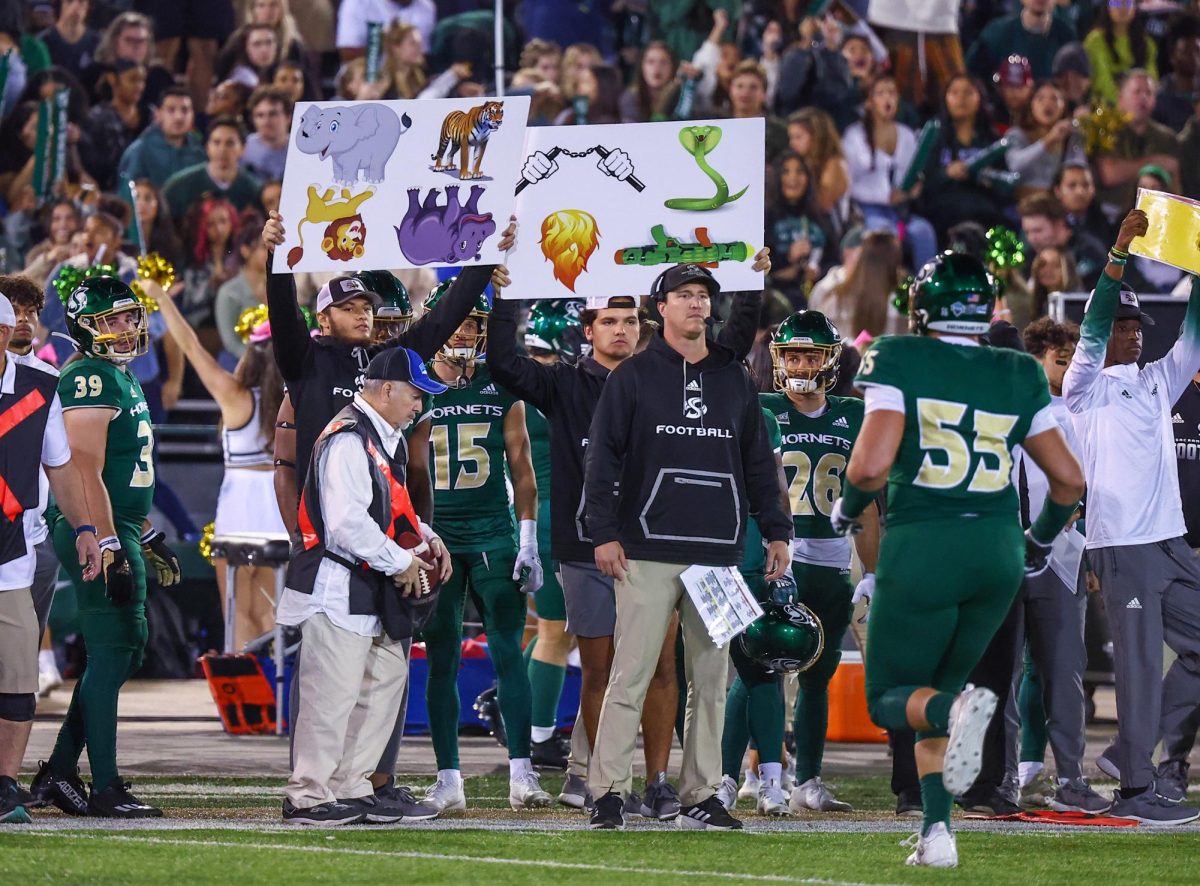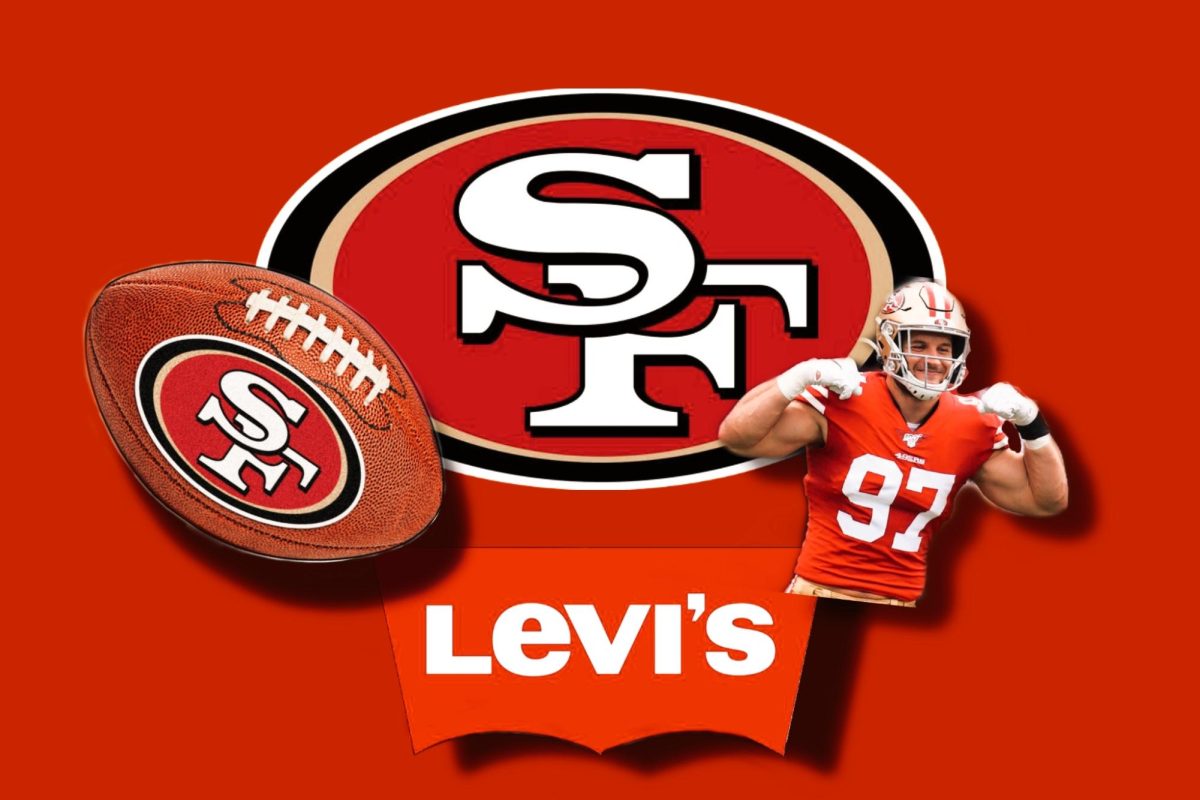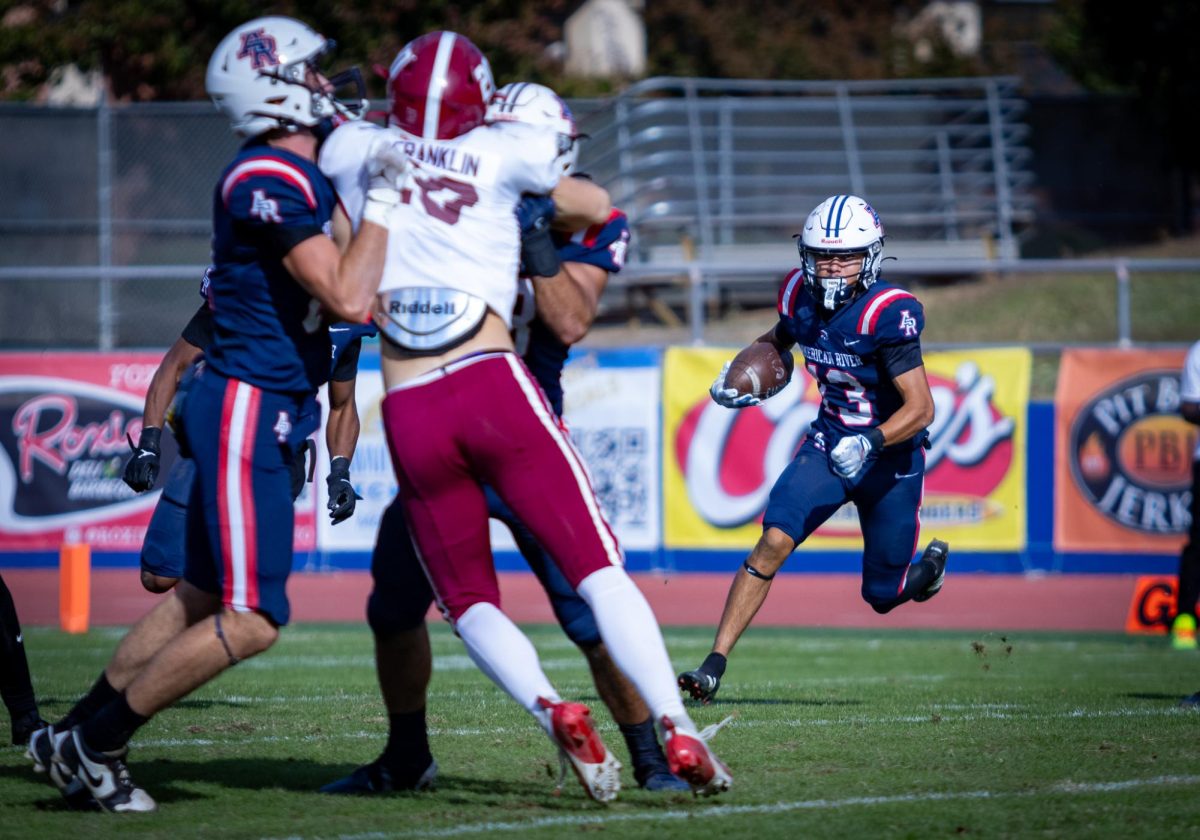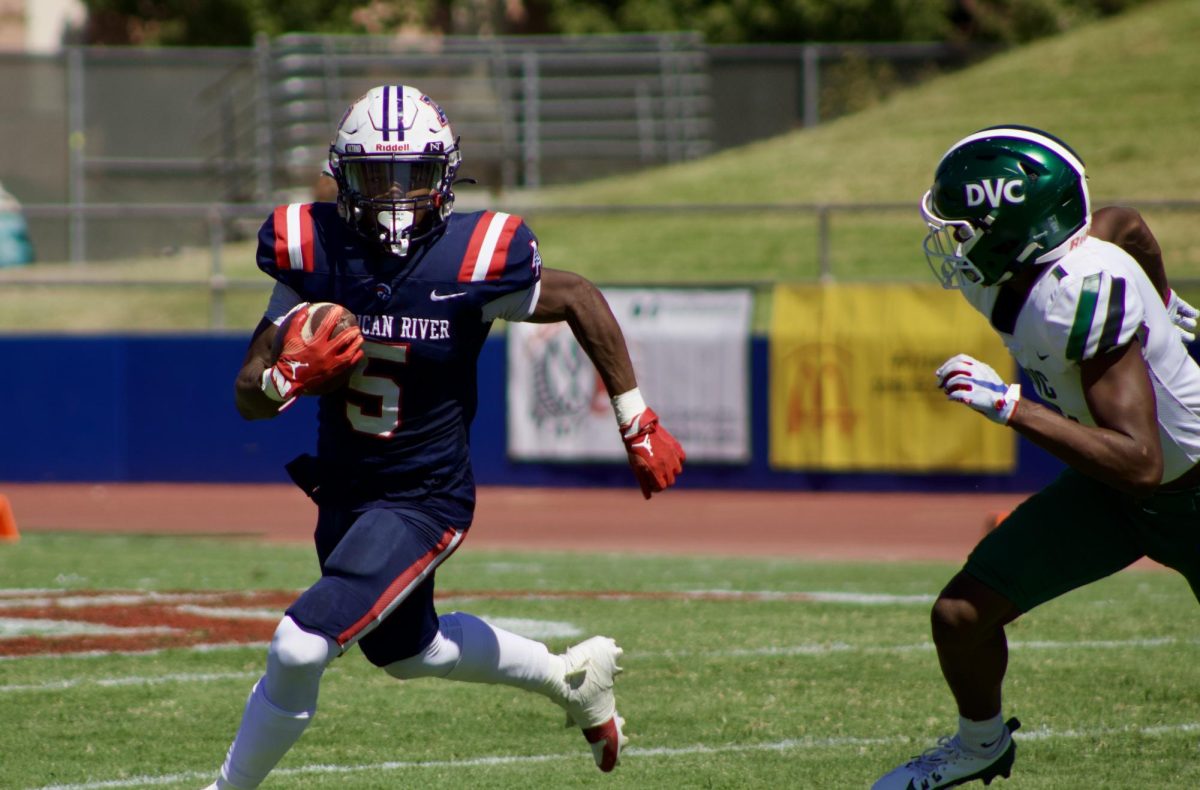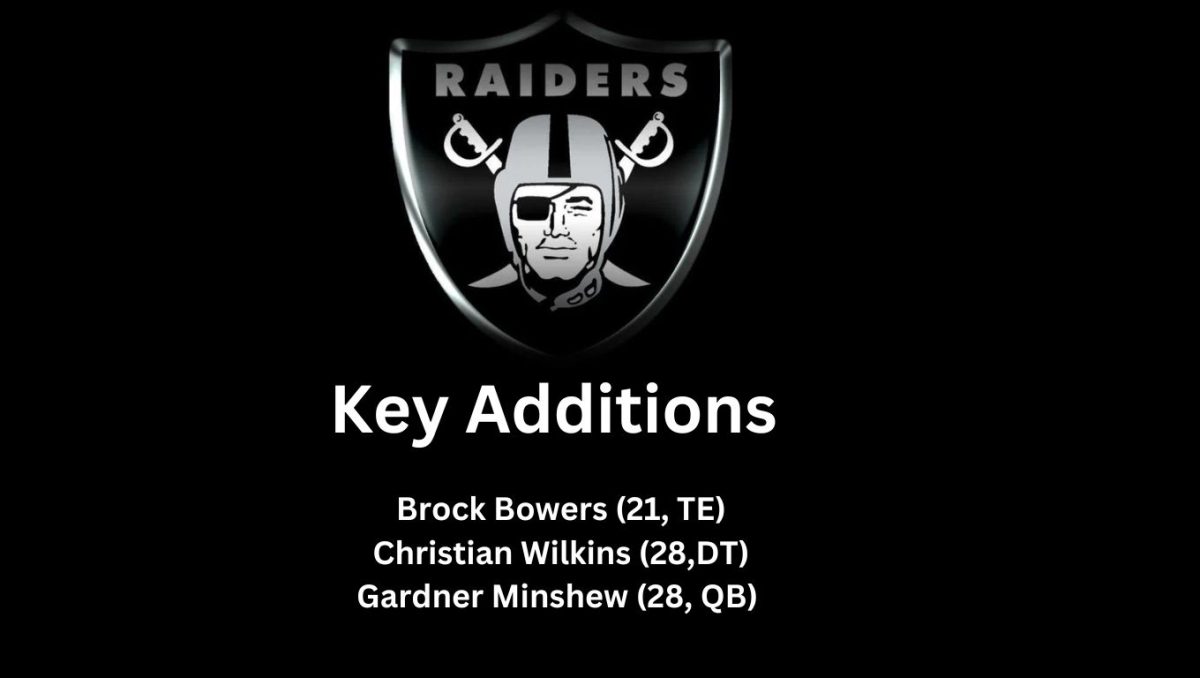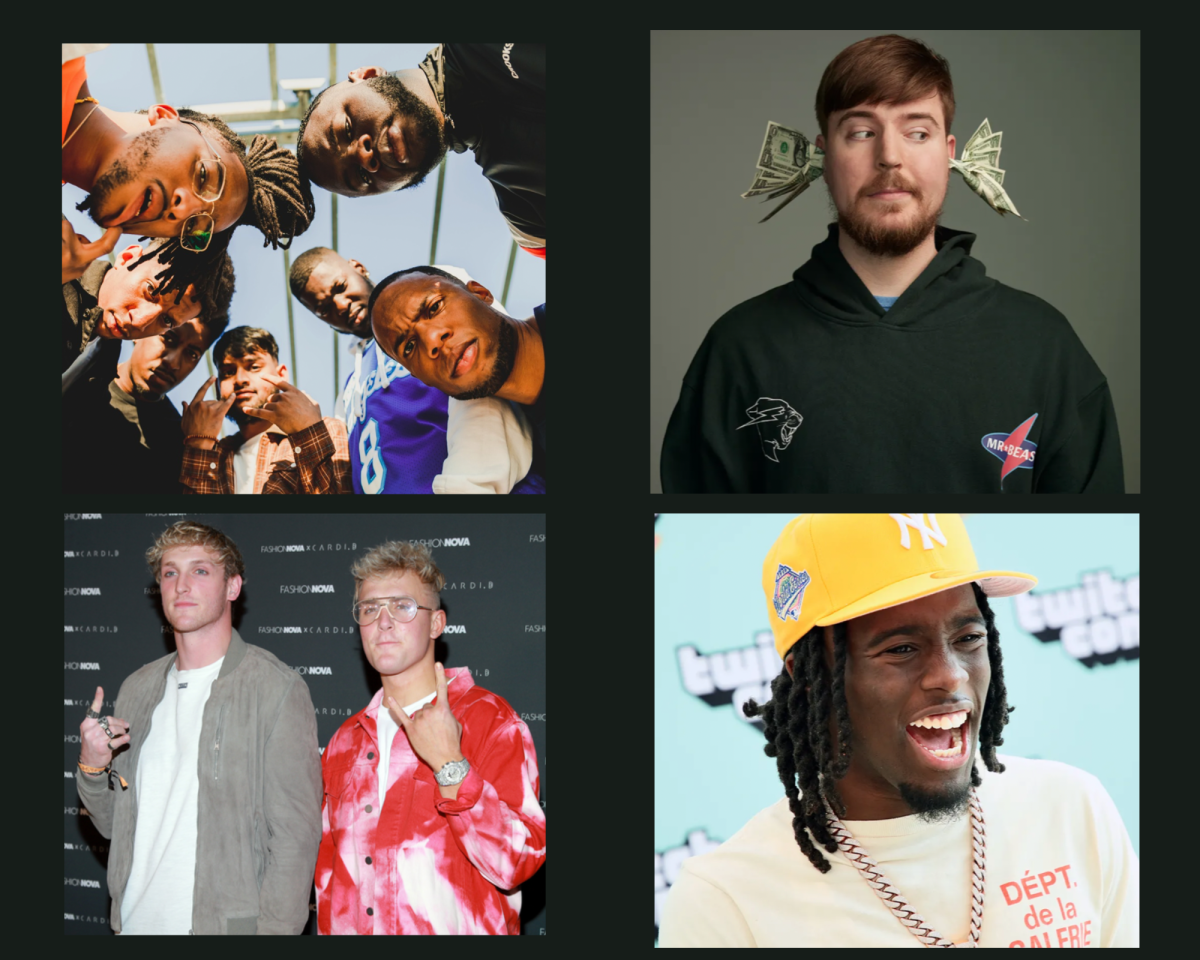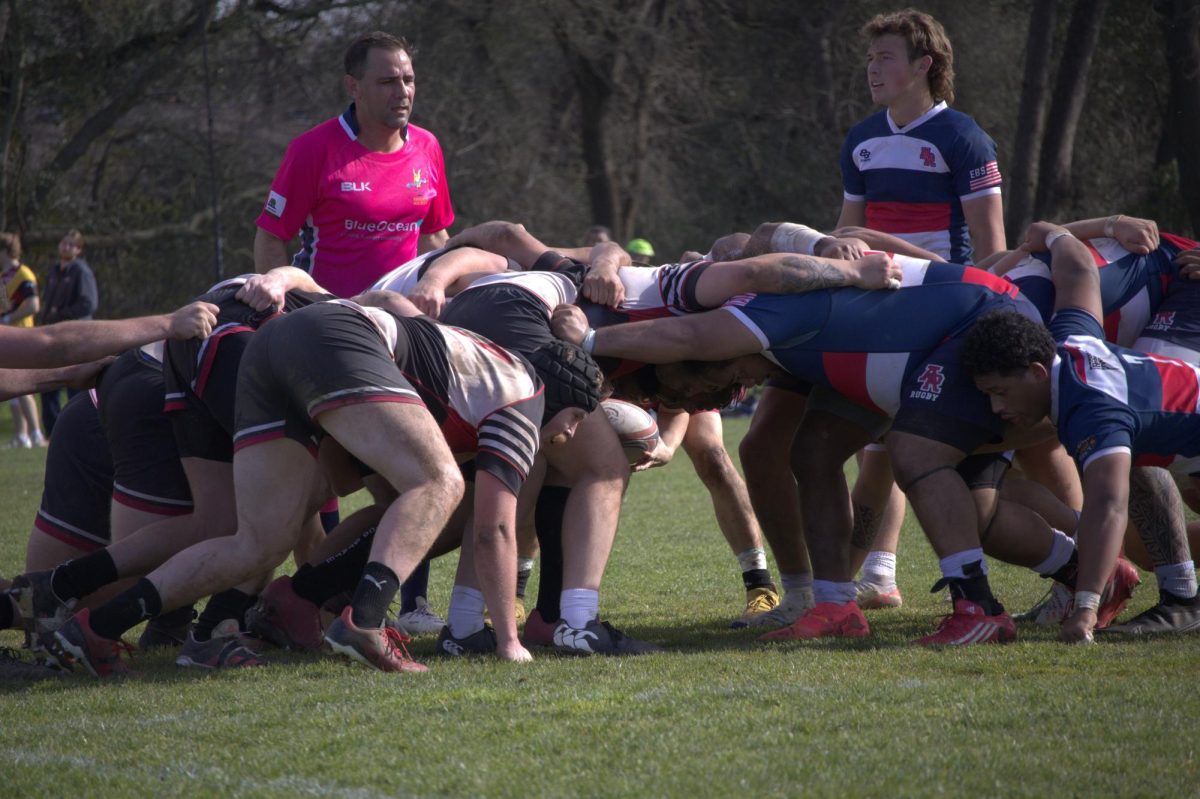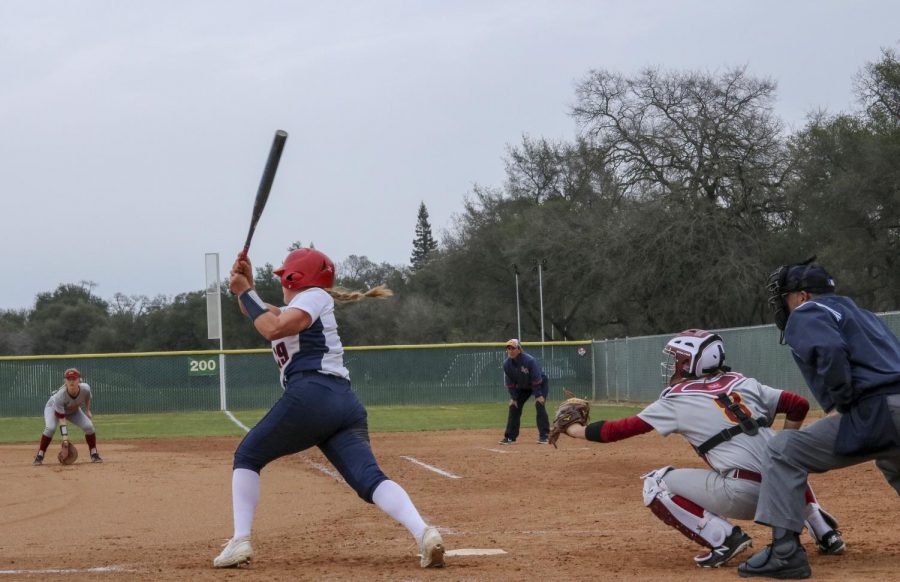By Brooke Purves and Shedric Allen
After Richard Sherman made a fantastic game-saving pass deflection that turned into an interception to seal the NFC Championship for the Seattle Seahawks, America was intrigued when the Seahawks cornerback blasted his opponent, San Francisco 49ers’ wide receiver Michael Crabtree, during his postgame interview with Fox Sports’ Erin Andrews.
Minutes after making the play of his life, Sherman yelled, “I’m the best corner in the game. When you try me with a sorry receiver like Crabtree, that’s the results you’re going to get.”
Social media went crazy with negative commentary about Sherman, with numerous comments on Facebook and Twitter calling him classless, an example of poor sportsmanship, and a thug.
If Sherman is a thug, he’s a smart thug. According to The Atlantic, he graduated with a 3.9 GPA from Stanford.
That’s really beside the point, though. Even smart people can behave badly. The question is, did Sherman behave badly?
One could argue that his aggressive commentary was out of line.
“It was uncensored testosterone on TV,” said Khalil Javed, a computer engineering student at American River College. “(Sherman) should have toned it down a little.”
But football is a high-impact, adrenaline-pumping demolition derby of a sport, and trash talking is routine and encouraged, and a common tactic that is used to upset the opponent.
Fans who want players to show intense aggression during a game, but want the players to turn off the emotions and fire that made them successful during the game, are setting unreasonable expectations.
“Its a common reaction, especially in football,” said Eduardo Ramirez, a general education major who is tired of hearing the criticism concerning Sherman’s outburst, said of the interview.
Sigi Cardenas, a recording engineering student who has participated in many different sports, agrees. “It was in the heat of the moment. It’s OK.”
There is a great amount of bragging on the part of the fans on both sides before any game, and many go so far as to show disrespect for the opposing organization. That’s how it’s done.
And while some of the publicity generated by the whole “react-respond-apologize” business may be negative, it only benefitted Sherman, Crabtree, and the NFL as a whole.
The 25-second YouTube clip of the original rant had garnered nearly 800,000 views in the first four days after the game, and Sherman’s tweet, “A Lion doesn’t concern himself with the opinions of a sheep,” a response to Crabtree’s tweet, “Film don’t lie … pull up the tape of that game and show me where this guy is the best?” was retweeted 75,000 times in the same four days.
Crabtree’s tweet has been retweeted about 31,000 times as of this writing.
Sherman may very well have motivated millions of people to root for Peyton Manning and the Denver Broncos in Super Bowl XLVIII, airing Feb. 2, but it is safe to assume that many millions more fans than the nearly 60 million people who, according to Fox Networks, tuned into the NFC Championship, will watch that game.
In football, any publicity is good publicity.


